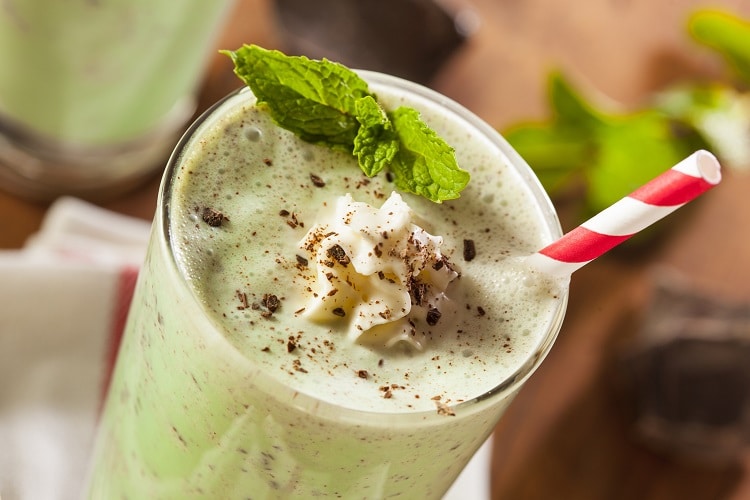From our friends at ccdwell.com
by Margaret Gilmour
Do you like sauerkraut? Pickles? Yogurt? Micro-Brews? Wine?
With an emphasis on healthy and a dose of fresh-flavor, a connection between all of these distinctive, lively foods and drink is fermentation: an age-old, natural process that has been around for thousands of years.
Here’s proof: a seven-thousand-year-old jar containing the remains of wine was on display at the University of Pennsylvania last year. And food fermentation is an ancient tradition our ancestors practiced annually to preserve their bounty from one season to the next.
Most of us eat fermented foods every day: chocolate, cheese, bread. Still, many of us associate fermentation with beer, wine and cider—where sugar is converted into ethyl alcohol.
Who knows if way back when the health benefits of fermentation were known? It is said, though, that Julius Caesar fed pickles to his troops to help them stay strong.
Will fermented food make you strong? Maybe not, but research shows that the process helps fight infection and increase absorption of nutrients.
Scott Grzybek, CEO and Founder of ZUKAY Live Foods, a probiotic food company in Elverson, PA (a stone’s throw from Chester County), started eating fermented foods years ago simply to maintain his well-being.
“I was sick of eating processed foods,” he says. “If it didn’t make me sick that week, I knew eventually it would.”
With that thought in mind, in 2004 he and his wife decided to try living off the land and “get back to traditional ways of cooking and preserving foods.”
That’s when Grzybek discovered fermentation and began studying the science behind the process.
“I came up with the idea that we could do this with everyday foods, and at the same time get the benefits out to everyone,” Grzybek says. A little over a year ago, he did just that by starting ZUKAY Live Foods.
To celebrate fermented fare, the Kennett Square Farmers Market is partnering with Harvest Market Natural Foods to throw a Fermentation Festival on FRIDAY October 9th, from 2 – 6:00 p.m.
And you are invited.
Alongside the farm stands selling fresh, local harvest, there will be specialty beer (from Victory Brewing Company and Twin Lakes Brewery) and wine tastings (from Stargazers Vineyard).
There’s also demonstrations on tomato seed saving (Happy Cat Organics), yogurt making, details on the health benefits of fermented foods (ZUKAY Live Foods) and kombucha, and much more.
We hope to see you there.
How Food Fermentation Works
• The basic concept behind food fermentation involves adding microscopic, “good” bacteria that are already present in your body, to transform food and extend its usefulness.
• The two main groups of these “good” bacteria are probiotics called lactobacilli and bifidobacterium.
• Probiotics are bacteria that are supposed to be in your body to help you digest food, train your immune system and keep out bad bacteria.
• These probiotics eat the starches and sugars, turning them into lactic acid which preserves the food. Because these foods are eaten raw, you’re eating the probiotics that are in the fermented foods, thus getting all the health benefits.
A Bit of Pickling History
Source: Taken Directly From NY Food Museum’s Web site
• Roman emperors, among them Julius Caesar, fed pickles to their troops in the belief that they lent physical and spiritual strength.
• Before Amerigo Vespucci set out to explore the New World in the 1500s, he was a pickle peddler in Seville, Spain. Since food spoilage and the lack of healthy meals were such concerns on long voyages, he loaded up barrels of pickled vegetables onto explorer ships. Hundreds of sailors were spared the ravages of scurvy because of his Vespucci’s understanding of the nutritional benefits of pickles.
• As early as 1606, pickles were being produced at home and commercially in Virginia.
• 1858: John Mason designed and patented the first Mason jar. Made out of heavier weight glass than normal jars, these were developed to withstand the high temperatures necessary for processing pickles.
• In September, 2000, after the Philadelphia Eagles beat the Dallas Cowboys 41-14 in the blazing, September heat, many players attributed the win to the vim and vigor they gained from drinking pickle juice.
CCDwell is a sponsor of the First Annual Fermentation Festival



